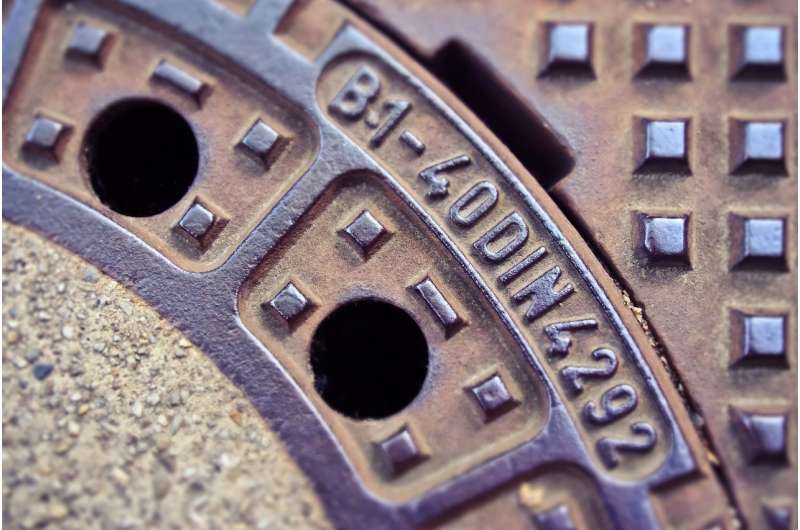Who will lead the global surveillance of antimicrobial resistance via sewage?

For many, wastewater is simply contaminated, bacteria-filled water, but it is actually a valuable research resource. The water contains a wealth of information about e.g., the type of antimicrobial resistant bacteria and disease-causing microorganisms that are present in people in the collection area.
An international team of researchers led by the Technical University of Denmark, DTU, has proven that genomic analysis of sewage from around the world can produce important information about the exact type of bacteria that abound in certain areas. As such, analyzing sewage shows great potential as a surveillance tool.
Good addition to existing initiatives
In a peer-reviewed comment in the prestigious scientific journal Science, Professor Frank Møller Aarestrup of the DTU National Food Institute and Professor Mark E. J. Woolhouse of the University of Edinburgh outline both the many benefits of using wastewater in global disease surveillance and the limitations of this approach.
In their view, analyzing sewage is a good addition to existing surveillance initiatives, which predominantly operate on a national or regional level and generate data in relation to sick people. But the question is: Who will carry on the surveillance once their current project wraps up in 2023?
According to the two professors, one model is that the World Health Organization, WHO, and the European Centre for Disease Prevention and Control, ECDC, take over the surveillance. These two actors have the mandate to head up such a program.
Practically, this could be done once a year through the countries of the world collecting a few liters of sewage and sending them for analysis in a central location, such as e.g., the WHO Collaborating Centre on Antimicrobial Resistance. As more countries get the equipment and expertise to carry out part or all of the analysis, the responsibility for this part of the surveillance can be passed on to each country.
More information: Frank M. Aarestrup et al. Using sewage for surveillance of antimicrobial resistance, Science (2020). DOI: 10.1126/science.aba3432



















